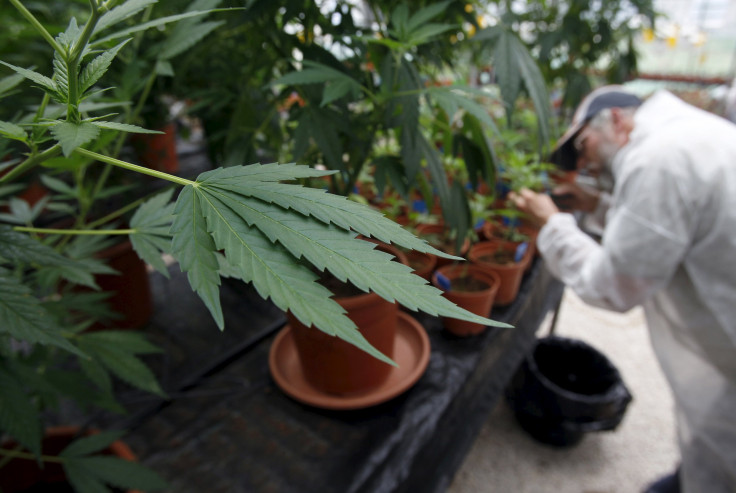Australia opens its first medical marijuana farm in NSW; Barnaby Joyce honours Dan Haslam’s case for legalising cannabis

Medical marijuana supporters in Australia rejoiced when acting Prime Minister Barnaby Joyce opened a 47-hectare property, earmarked to grow medicinal cannabis. The farm is now officially open in an undisclosed location near Tamworth.
Joyce has named the property in the honour of cancer sufferer Dan Haslam, whose battle with the fatal disease contributed a lot in legalising medical marijuana in Australia. The farm opens just over a year of Dan’s death. However, the legislation is yet to be passed that will make cultivation legal.
Dan Haslam’s family, especially his mother Lucy Haslam convinced Premier Mike Baird to legalise medicinal cannabis. The family along with Joyce and Deputy Premier Troy Grant unveiled the farm on Thursday where the family will grow medicinal cannabis to continue Dan’s legacy, writes The Daily Telegraph.
The marijuana will be available to those patients with terminal illnesses and children with severe epilepsy. Lucy also made it clear that she would apply for a license from the federal government so that she can freely cultivate and manufacture the crop and provide it to the ones who can’t afford it at subsidised rates.
“When you can find … a plant that can assist people when they are ill, when they are in pain, then you should do it. And with this issue with cannabis there are constituent parts that can actually assist people,” Joyce said.
Lucy said that the farm will be known as “DanEden” and she hopes that the farm will be a start to something special. Despite the good news, Lucy said that Australia is way behind other countries in the world when it comes to cannabis legalisation.
According to The ABC, while Israel is showing the way with its massive research on application of marijuana in the treatment of various diseases, Lucy said that there were issues regarding quality control due to a lack of government regulation.
“You need to know where it comes from, you need good manufacturing practices — otherwise you would have to spend a lot of time testing that to see that it didn't contain heavy metals or pesticides,” she added.





















